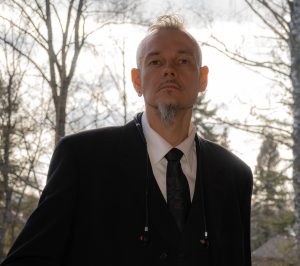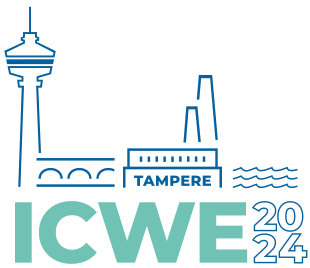Responsible AI in the World of Work
Speaker: Fabio Casati

Abstract: When can we say that an AI model or pipeline is “reliable” – literally meaning that we can rely on it? How do we evaluate and choose the most reliable one? How do we take go / no go decisions for our business? These are only some of the questions that AI producers and consumers ask (and ask themselves) every day. Gen AI is now mainstream, but most process owners, even in large enterprises evaluate systems either anecdotally or using metrics and methods with unclear correlation with AI quality. Based on dozens of interviews and uncountable interactions with developers, managers, customers, and institutions, in this talk I summarize what I perceive as the key issues in AI quality evaluation and decision making. I will outline the different personas, their perception of who is responsible and accountable for decisions, and the relevant quality and decision factors. I will also discuss risk, and how risk is assessed by different actors at different stages of the production pipeline. I will stress why commonly used practices are not just insufficient, but outright misleading and how confusion in terminology can and does lead to wrong decisions. Finally, I will comment on frequent pitfalls in experiment design and reporting, again resulting in leading managers to take the wrong decisions, and how to correct them.
Short Bio: Fabio Casati is a AI Architect at Servicenow as well as technical lead for AI Trust and Governance. Fabio focuses on designing, architecting and deploying AI-powered workflows for enterprise customers. On the research side, he is working on AI applied to workflows and on quality in AI. Previously he was Professor at the University of Trento. In that role, he started research lines on crowdsourcing and hybrid human-machine computations, focusing on applications that have direct positive impact on society through tangible artefacts adopted by the community. Prior to that, he was technical lead for the research program on business process intelligence in Hewlett-Packard USA, where he contributed to several HP commercial products in the area of web services and business process management. He co-authored a best-selling book on Web services and is author of over 250 peer-reviewed papers and dozens of patents.
Accessible and Societally Sustainable Web Services
Speaker: Markku Turunen

Abstract: Web services play a crucial role in today’s digital society. However, ensuring that these services are accessible to all users, regardless of their abilities or disabilities, remains a challenge. Accessible web services are essential for promoting inclusivity and providing equal opportunities for everyone. In addition to accessibility, the sustainability of web services is equally important. Societally sustainable web services consider the long-term impact on society, the environment, and the economy. This talk explores the intersection of accessibility and societal sustainability in the context of web services. It highlights the need for designing and developing services that are both accessible and sustainable. By prioritizing these principles, we can create a more equal and sustainable digital landscape.
Short Bio: Markku Turunen, a PhD and professor of Interactive Technology, leads the Pervasive Interaction Research Group (PIRG). Under his guidance, PIRG has spearheaded approximately 80 funded research projects and contributed to around 250 publications in the field of human-technology interaction and related areas. PIRG is an integral part of the Tampere Unit for Computer-Human Interaction (TAUCHI), which stands as the largest research unit specializing in human-technology interaction in Finland. Recently, Professor Turunen established the Tampere Accessibility Unit (TACCU) alongside two colleagues from language studies. Within just three years, TACCU has emerged as a leading center for accessibility research and education. It offers the most comprehensive master’s level accessibility education globally, including the pioneering English master’s program titled “Accessibility and Diversity in Digital Services.” Additionally, Professor Turunen leads the international master’s program “Sustainable Digital Life” and collaborates with Tallinn University and Lusofona University on the Erasmus Mundus master’s program “Artificial Intelligence For Sustainable Societies.” Prior to this, he led the “Human-Technology Interaction” international master’s program for several years, actively contributing to all these educational initiatives.
